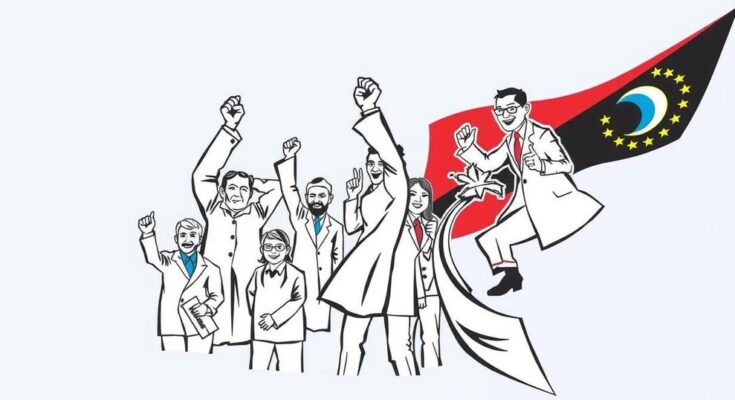Mauritius has witnessed a significant political change as the opposition coalition has won all parliamentary seats in the recent elections, completely defeating the ruling Militant Socialist Movement led by Prime Minister Pravind Jugnauth. This political shift will see Navin Ramgoolam return as Prime Minister, marking a decisive public demand for a new governance approach amid corruption allegations against the outgoing administration.
In a significant political shift, the opposition coalition in Mauritius has decisively won the latest parliamentary elections, securing all available seats and marking a substantial rejection of the current administration. Prime Minister Pravind Jugnauth and his governing coalition, the Militant Socialist Movement, experienced a complete loss, failing to capture any of the 62 directly contested seats. Early results indicated the opposition’s dominance across all 21 constituencies, prompting Jugnauth to acknowledge the overwhelming defeat before the final tallies were revealed. The Alliance for Change coalition’s victory will reinstate Navin Ramgoolam as Prime Minister, a position he previously held from 1995 to 2000 and from 2005 to 2014. Jugnauth, who has served since 2017, had campaigned for reelection amidst allegations of corruption, which had tarnished his government’s reputation following the release of incriminating recordings involving political figures and business leaders. As the former Prime Minister remarked, “The population has decided to choose another team. I wish good luck to the country.” Official results, including two additional seats from Rodrigues Island, are anticipated to be released on Tuesday. However, the opposition has already been confirmed as the winner of all 60 announced seats. With at least 1 million registered voters participating in this election, which represents the 12th since Mauritius garnered its independence from Britain in 1968, the outcome underscores the political preferences of the Mauritian electorate. This Indian Ocean nation, known for its stable democracy and thriving economy based on finance, tourism, and agriculture, is poised for potential changes under the new leadership as it progresses into the next parliamentary term.
Mauritius is recognized as one of Africa’s most stable democracies, having maintained a healthy political system since gaining independence in 1968. Over the years, the nation has developed a diversified economy that significantly relies on its financial services, tourism, and agricultural sectors. The recent elections, which featured over one million registered voters, represent a pivotal moment in the government’s history, reflecting widespread public sentiment against the incumbent administration, particularly in light of recent corruption allegations. The return of Navin Ramgoolam symbolizes a change in governance, as he is a seasoned political figure familiar with the country’s legislative framework, having previously served two non-consecutive terms. The elections took place against a backdrop of public demand for accountability and transparency, following controversies that marred Jugnauth’s administration.
The electoral victory of the opposition coalition in Mauritius marks a transformative moment in the nation’s political landscape. With the Alliance for Change taking all parliamentary seats and Navin Ramgoolam set to resume his role as Prime Minister, the new administration will be tasked with addressing substantial public concerns regarding governance and integrity. The results reflect not only a rejection of the current government but also a strong demand from the electorate for renewed leadership and reform in a country known for its democratic resilience.
Original Source: abcnews.go.com




